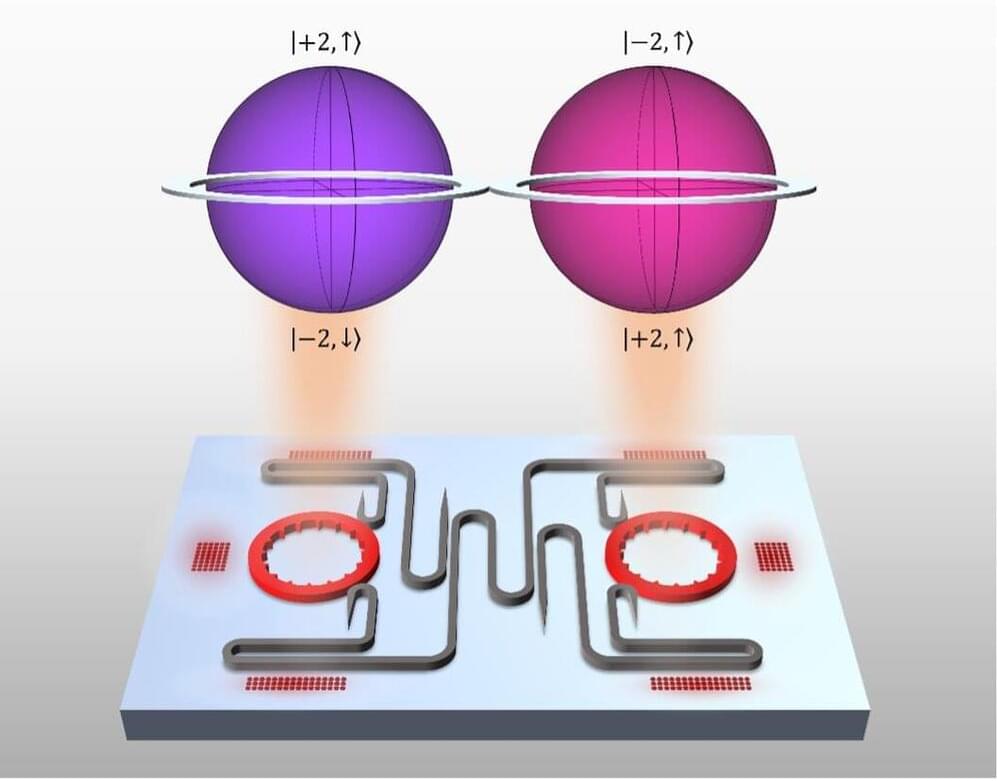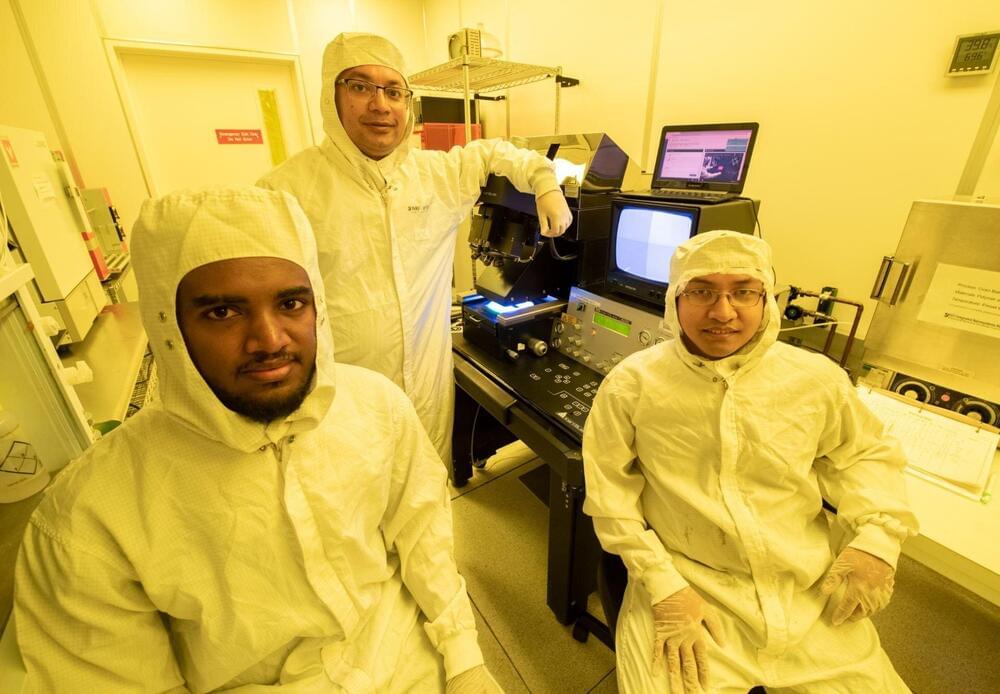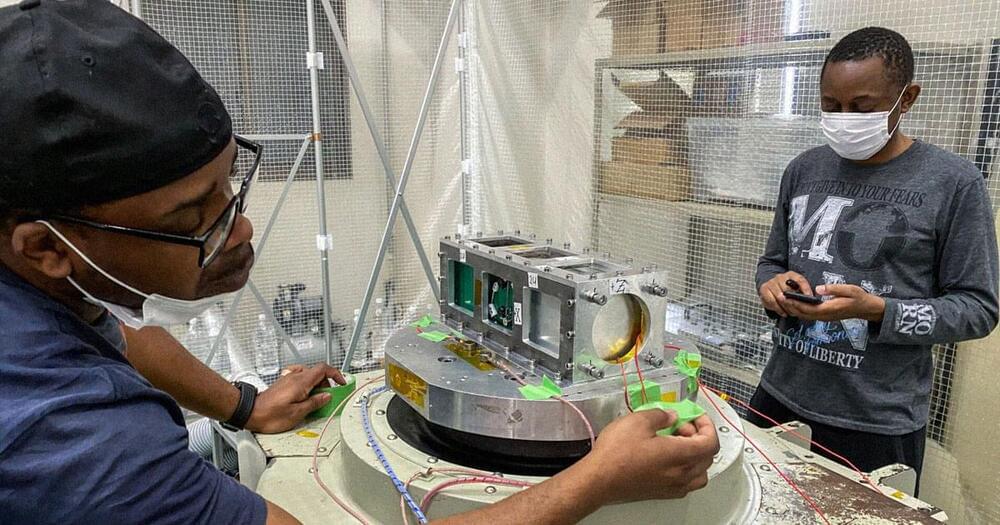High-Risk, High-Payoff Bio-Research For National Security Challenges — Dr. David A. Markowitz, Ph.D., IARPA
Dr. David A. Markowitz, Ph.D. (https://www.markowitz.bio/) is a Program Manager at the Intelligence Advanced Research Projects Activity (IARPA — https://www.iarpa.gov/) which is an organization that invests in high-risk, high-payoff research programs to tackle some of the most difficult challenges of the agencies and disciplines in the U.S. Intelligence Community (IC).
IARPA’s mission is to push the boundaries of science to develop solutions that empower the U.S. IC to do its work better and more efficiently for national security. IARPA does not have an operational mission and does not deploy technologies directly to the field, but instead, they facilitate the transition of research results to IC customers for operational application.
Currently, Dr. Markowitz leads three research programs at the intersection between biology, engineering, and computing. These programs are: FELIX, which is revolutionizing the field of bio-surveillance with new experimental and computational tools for detecting genetic engineering in complex biological samples; MIST, which is developing compact and inexpensive DNA data storage devices to address rapidly growing enterprise storage needs; and MICrONS, which is guiding the development of next-generation machine learning algorithms by reverse-engineering the computations performed by mammalian neocortex.
Previously, as a researcher in neuroscience, Dr. Markowitz published first-author papers on neural computation, the neural circuit basis of cognition in primates, and neural decoding strategies for brain-machine interfaces.





